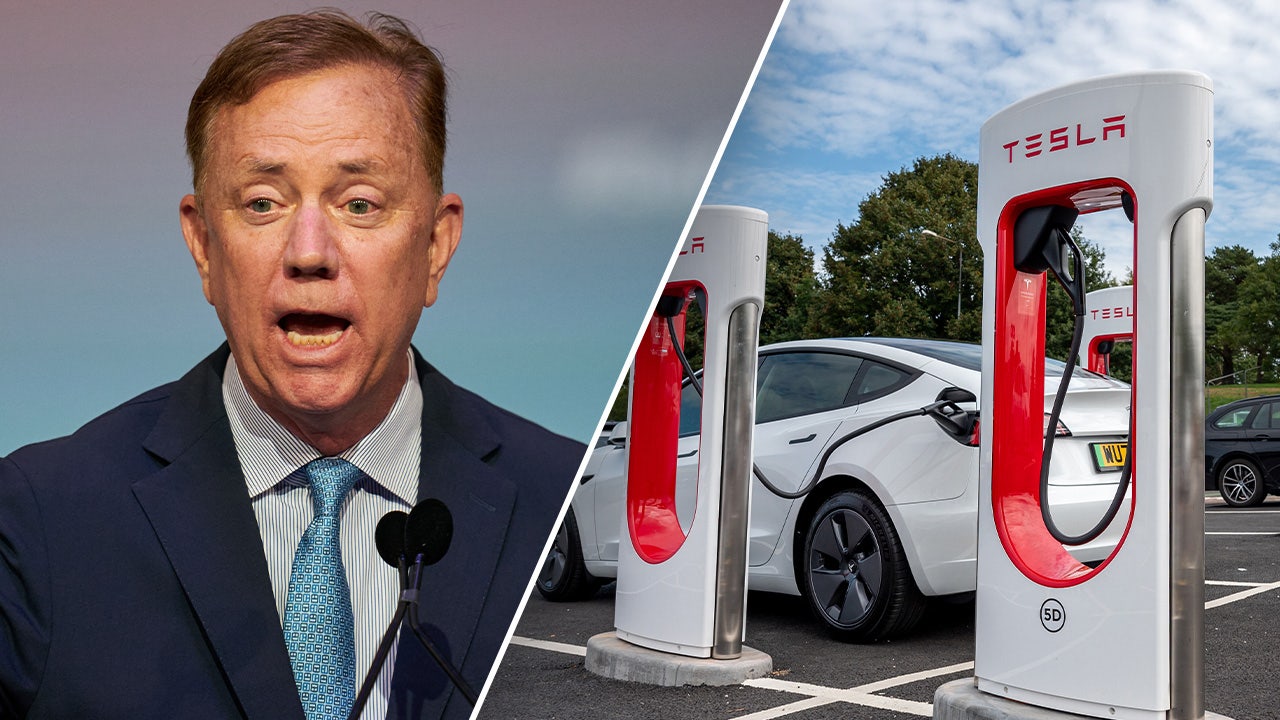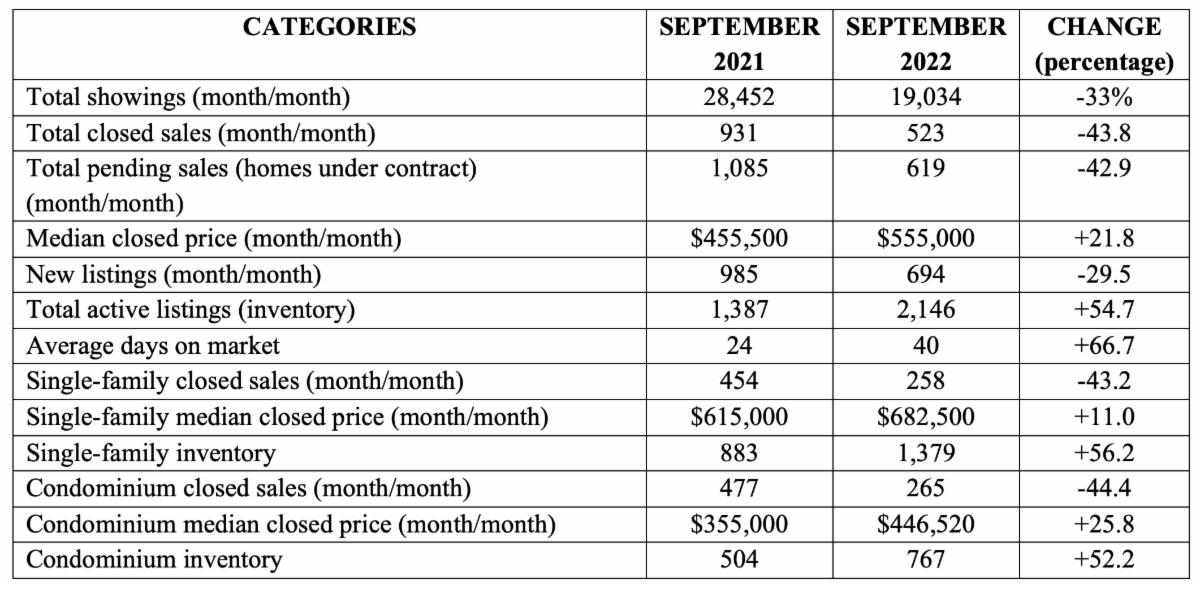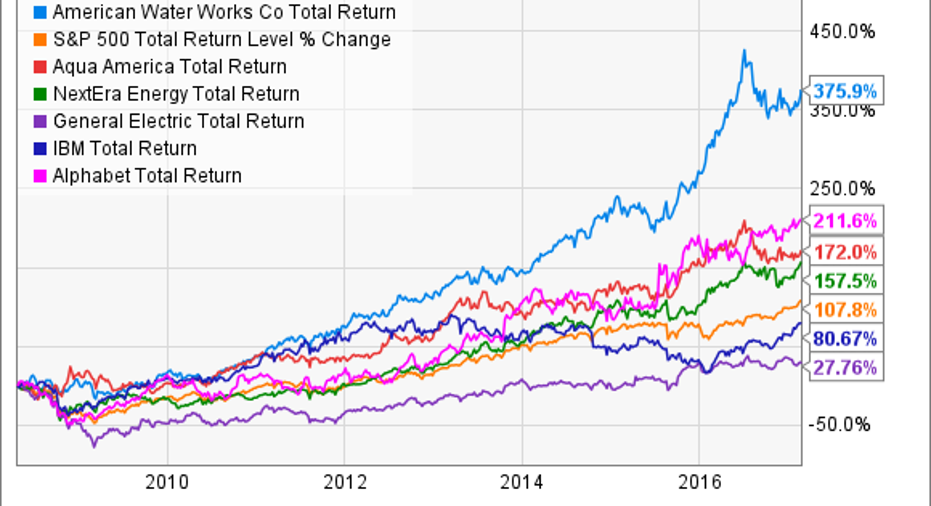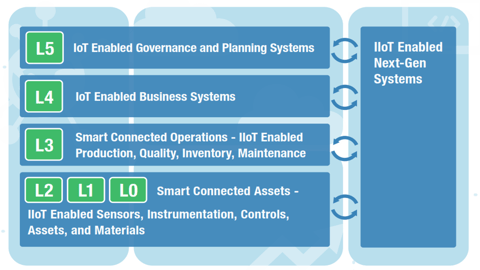Auto Dealers Intensify Fight Against Electric Vehicle Mandates

Table of Contents
Financial Concerns Fueling Dealer Opposition
The core of the dealers' resistance to electric vehicle mandates stems from significant financial challenges. The transition to an EV-centric model requires substantial upfront investments and carries the risk of reduced profitability.
High Initial Investment Costs
Adapting to the realities of EV sales and service necessitates hefty expenditures for dealers. These include:
- Charging Station Installation: The cost of installing Level 2 and DC fast chargers can range from several thousand to tens of thousands of dollars per station, depending on the number of chargers and the required infrastructure upgrades.
- Specialized Tools and Equipment: EVs require unique tools and diagnostic equipment for servicing and repairs, representing a substantial capital outlay for dealerships.
- Employee Training Programs: Training technicians on the intricacies of EV technology and repair procedures involves considerable time and expense. This includes specialized courses, certifications, and ongoing professional development.
- Inventory Management System Upgrades: Managing EV inventory requires new systems and processes to account for longer lead times, potential supply chain disruptions, and the specific storage requirements of EV batteries.
The current lack of comprehensive government support and insufficient incentives for these investments exacerbates the financial burden on dealerships, making the transition significantly more challenging.
Reduced Profit Margins on EVs
Dealerships also express concerns regarding lower profit margins on EVs compared to gasoline-powered vehicles. Several factors contribute to this:
- Higher Manufacturing Costs: The production of EVs often involves higher material and manufacturing costs compared to traditional internal combustion engine (ICE) vehicles, leading to lower profit margins at the retail level.
- Increased Competition: The EV market is increasingly competitive, with established automakers and new entrants vying for market share. This intensifies pricing pressures, potentially reducing dealerships' profit margins.
These reduced profit margins raise serious questions about the long-term viability and profitability of dealerships in the face of widespread EV adoption, fueled by government mandates.
Inventory Management Challenges
Managing EV inventory presents unique challenges for auto dealers:
- Longer Lead Times: The production and delivery of EVs can involve significantly longer lead times than gasoline vehicles, making accurate inventory forecasting more difficult.
- Fluctuating Demand: Demand for specific EV models can fluctuate significantly, making it challenging to maintain optimal stock levels.
- Specialized Storage: EV batteries require specific storage conditions to maintain their performance and safety, adding to the complexity and cost of inventory management.
These factors contribute to higher inventory holding costs and increase the risk of obsolescence, further impacting the financial health of dealerships.
Logistical and Infrastructure Hurdles
Beyond the financial concerns, auto dealers face significant logistical and infrastructural obstacles in transitioning to EVs.
Lack of Charging Infrastructure
The insufficient development of public charging infrastructure poses a major barrier to widespread EV adoption. This creates "range anxiety" among potential buyers and hinders the overall market growth.
- Uneven Distribution: Charging stations are not evenly distributed across all regions, leaving many areas underserved. Rural areas, in particular, often lack adequate charging infrastructure.
- Charging Time vs. Refueling: The time required to charge an EV, even with fast chargers, is significantly longer than refueling a gasoline vehicle, posing a logistical inconvenience for consumers.
The lack of adequate public charging infrastructure directly impacts consumer confidence and slows the transition to EVs.
Specialized Training and Expertise
Servicing and repairing electric vehicles requires specialized training and expertise, representing a significant logistical challenge for dealerships.
- Scarcity of Qualified Technicians: There is a current shortage of qualified EV technicians, making it difficult for dealerships to find and retain appropriately skilled personnel.
- Training Time and Costs: Training programs for EV technicians are time-consuming and expensive, impacting dealership operations and requiring significant investments in employee development.
The need for specialized training and the shortage of qualified technicians add considerable cost and complexity to the EV transition.
Consumer Demand and Acceptance
While EV adoption is increasing, concerns remain about consumer readiness and acceptance.
- Range Anxiety: Many potential buyers are concerned about the limited driving range of EVs and the availability of charging stations.
- Charging Times: The longer charging times compared to refueling gasoline vehicles remain a deterrent for some consumers.
- Purchase Price: The higher initial purchase price of many EVs is a significant barrier for many potential buyers.
Addressing these consumer concerns through effective marketing and educational campaigns is crucial for driving EV adoption.
Lobbying Efforts and Political Action
Faced with these challenges, auto dealers are actively engaged in lobbying efforts and political actions to influence the implementation and scope of electric vehicle mandates.
Industry Associations' Role
Various auto dealer associations and lobby groups are playing a significant role in opposing or seeking modifications to the electric vehicle mandates.
- Organized Lobbying: These groups are actively lobbying policymakers at local, state, and national levels to advocate for changes in the regulations.
- Public Awareness Campaigns: They are undertaking public relations campaigns to shape public opinion and highlight the challenges faced by dealers.
These organized efforts aim to influence the policy landscape and create a more favorable environment for dealers.
Legal Challenges and Court Cases
Several auto dealer groups have filed legal challenges against EV mandates, arguing that the regulations are economically unfeasible and place an undue burden on dealerships.
- Arguments Presented: These legal challenges typically focus on the economic viability of meeting the mandates, the lack of adequate support from the government, and the potential negative impact on dealership profitability.
- Potential Consequences: The outcome of these legal challenges could significantly impact the implementation and enforcement of EV mandates nationwide.
Public Relations Campaigns
Dealerships are engaging in public relations campaigns to shape public perception and highlight the potential negative consequences of overly aggressive EV mandates. These campaigns aim to:
- Raise Public Awareness: Inform the public about the challenges faced by dealers in adapting to the EV transition.
- Influence Policymakers: Pressure policymakers to reconsider or modify the mandates to account for the concerns of auto dealers.
Conclusion: Navigating the Future of Electric Vehicle Sales
The intensifying conflict surrounding electric vehicle mandates reveals a complex interplay between government goals for cleaner transportation and the very real financial, logistical, and political concerns of auto dealers. Dealers highlight the substantial costs of adapting to EV sales and service, the challenges of insufficient charging infrastructure, and the difficulties in managing EV inventory. They've responded with lobbying efforts, legal challenges, and public relations campaigns aimed at influencing policy and public opinion. While the transition to sustainable transportation is crucial, a balanced approach is needed that addresses the legitimate concerns of auto dealers to ensure a smooth and equitable transition for all stakeholders. Continue to learn more about the ongoing debate surrounding EV mandates and electric car mandates to participate in informed discussions about finding solutions that balance environmental goals with the economic realities of the auto industry.

Featured Posts
-
 Tam Krwz Awr Ayk Mdah Ka Hyran Kn Waqeh Jwte Pr Pawn
May 17, 2025
Tam Krwz Awr Ayk Mdah Ka Hyran Kn Waqeh Jwte Pr Pawn
May 17, 2025 -
 Finding The New York Daily News Back Pages For May 2025
May 17, 2025
Finding The New York Daily News Back Pages For May 2025
May 17, 2025 -
 Rossiya Trete Mesto Po Investitsiyam V Uzbekistane
May 17, 2025
Rossiya Trete Mesto Po Investitsiyam V Uzbekistane
May 17, 2025 -
 The Enduring Appeal Of Tony Bennett An In Depth Look
May 17, 2025
The Enduring Appeal Of Tony Bennett An In Depth Look
May 17, 2025 -
 Lumon Industries Vs Apple Ben Stillers Severance And Corporate Culture
May 17, 2025
Lumon Industries Vs Apple Ben Stillers Severance And Corporate Culture
May 17, 2025
Latest Posts
-
 Angi Borg Warner And Other Top Performers Wednesdays Market Report
May 17, 2025
Angi Borg Warner And Other Top Performers Wednesdays Market Report
May 17, 2025 -
 Wednesdays Market Winners A Deep Dive Into Stock Performance
May 17, 2025
Wednesdays Market Winners A Deep Dive Into Stock Performance
May 17, 2025 -
 Stock Market Winners Rockwell Automation Oscar Health And More
May 17, 2025
Stock Market Winners Rockwell Automation Oscar Health And More
May 17, 2025 -
 Rockwell Automation Beats Expectations Analyzing The Positive Earnings Report
May 17, 2025
Rockwell Automation Beats Expectations Analyzing The Positive Earnings Report
May 17, 2025 -
 Market Movers Rockwell Automation Disney And Others Post Significant Gains
May 17, 2025
Market Movers Rockwell Automation Disney And Others Post Significant Gains
May 17, 2025
